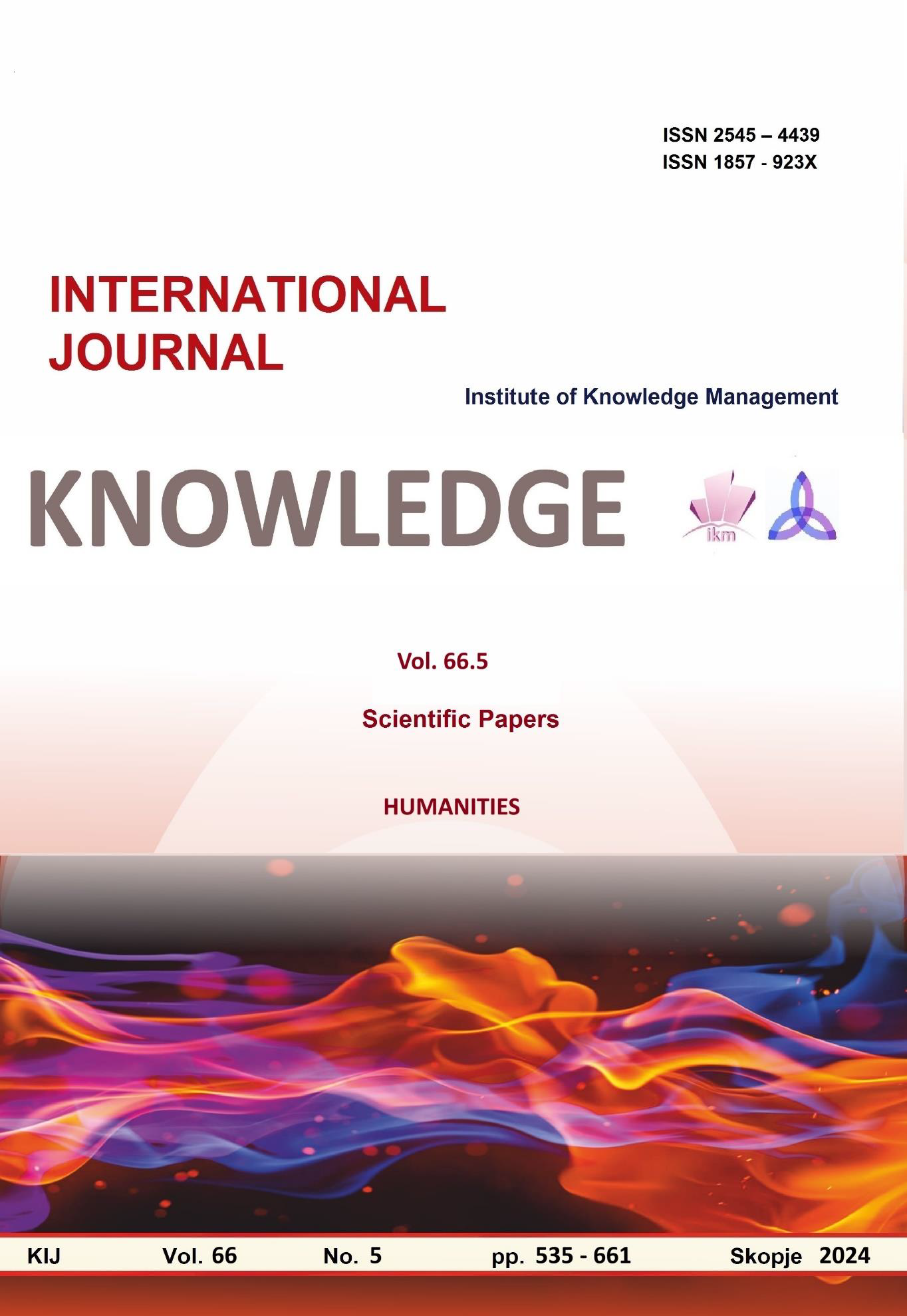UNRAVELING NATIVE THINKING IN AN INTERNATIONAL ENVIRONMENT
UNRAVELING NATIVE THINKING IN AN INTERNATIONAL ENVIRONMENT
Author(s): Ilda Kanani, Xhuljeta KasmollariSubject(s): Social Sciences, Education
Published by: Scientific Institute of Management and Knowledge
Keywords: native thinking;interpretation;intercultural communication;language proficiency;cultural awareness;Albanian interpreters
Summary/Abstract: The purpose of this paper is to investigate whether Albanian native thinking influences the work of Albanian interpreters in intercultural professional settings, particularly when interpreting in English. It explores how cultural awareness impacts the interpreting process and whether linguistic proficiency alone is sufficient for interpreters. The study specifically addresses the extent to which Albanian interpreters must be familiar with the cultural backgrounds and native thinking of the speakers they interpret for, in order to avoid cultural misunderstandings and clashes. This research employs an empirical approach using a case study method, conducted on a sample of approximately 40 Albanian interpreters working with various languages. Through interviews and real-life interpreting scenarios, the study gathered data on how native thinking and cultural attitudes affect the quality and accuracy of interpretation, particularly in simultaneous and consecutive interpreting contexts. The results reveal that Albanian native thinking significantly impacts the interpretation process. Interpreters who solely focus on linguistic proficiency, without considering cultural nuances, are more likely to encounter misunderstandings and cultural biases in their work. The findings emphasize the importance of minimizing native thinking and adopting a global mindset to achieve culturally sensitive interpretations. The conclusions drawn from the study suggest that successful interpretation requires interpreters to transcend their native linguistic and cultural frameworks. To deliver accurate and effective interpretations, especially in international settings, interpreters must be deeply aware of both the language and cultural contexts of the speakers they interpret for. Based on the results, the recommendations suggest that interpreter training programs should include a focus on cultural competence and global perspectives, beyond linguistic mastery, to prepare interpreters for the challenges of intercultural communication.
Journal: Knowledge - International Journal
- Issue Year: 66/2024
- Issue No: 5
- Page Range: 651-656
- Page Count: 6
- Language: English

